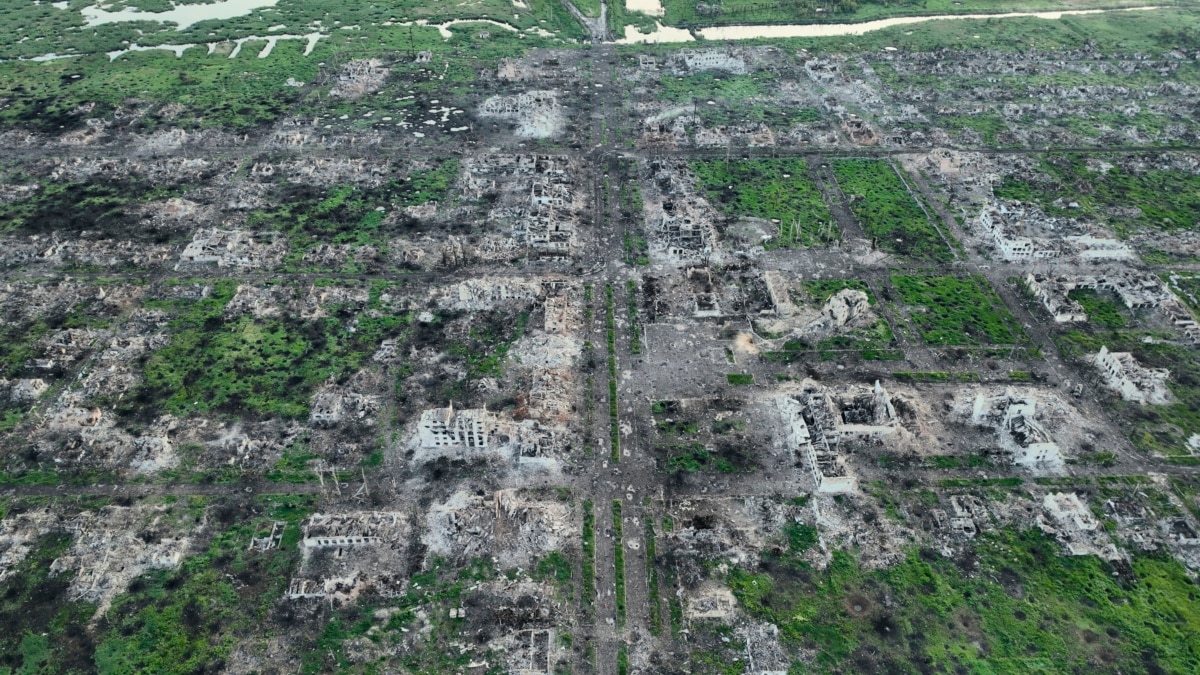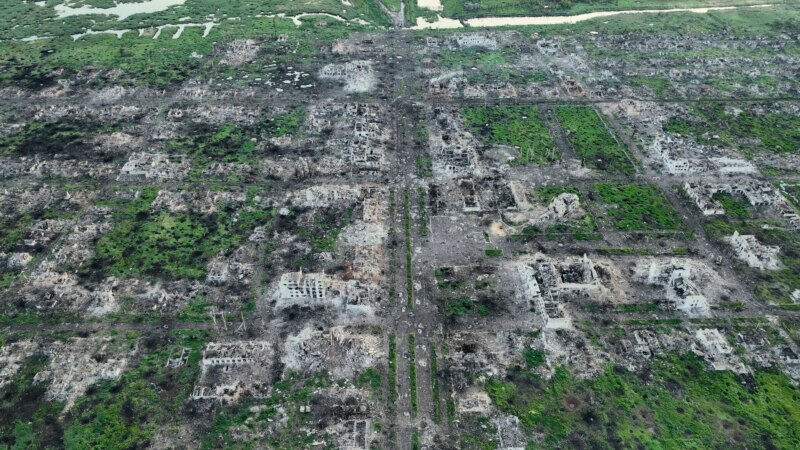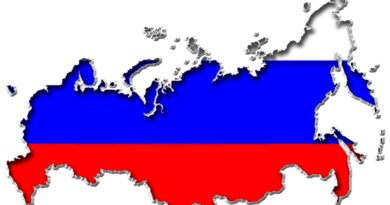Orban, Playing Along with Putin, Calls Russia’s War Against Ukraine a Military Operation

On December 26, Financial Times reported that the European Union (EU) was preparing a backup plan to provide Ukraine with 20 billion euros, circumventing Hungarian Prime Minister Viktor Orban’s ability to veto the bailout at a summit scheduled for February 1.
In 2023, Orban is only one among 27 EU member state leaders who remains an ally of Russian President Vladimir Putin. On October 17, during a meeting with Putin in Beijing, Orban called the Russian invasion of Ukraine a “military operation,” a term used by Russian authorities.
At his annual press conference in Budapest on December 21, Orban stated it was not by chance that he used the Kremlin’s preferred — and misleading — terminology. Orban said Russia’s invasion of Ukraine is not a war but a military operation because the conflicting countries neither declared war nor carry out general mobilizations:
“I called it a military operation because war is when two countries declare it. Let us be glad that there is no war yet, because war is a general mobilization. Sometimes, I will call it a war, sometimes a military operation, whatever you like.”
This is false.
Russia’s full-scale invasion of Ukraine, in its duration, destruction of infrastructure and scope and scale of lethality, fully corresponds to the broadly recognized international consensus definition of “war” and how military experts, diplomats, and legal scholars use it.
Most countries in the world and the United Nations consider the 2022 Russian invasion of Ukraine a war.
According to Encyclopedia Britannica, in popular understanding, war is “a conflict between political groups involving hostilities of significant duration and magnitude.” Military writers define war as “hostilities in which the contending groups are sufficiently equal in power to render the outcome uncertain for a time. … Such incidents, if the resistance is sufficiently strong or protracted, may achieve a magnitude that entitles them to the name ‘war.’”
Sufficiently strong, protracted resistance
Moscow controlled 24.4% of Ukrainian territory at the height of its advance in March 2022 — including the 6.45% of Ukrainian territory comprising Crimea and part of the Donbas, which it illegally annexed in 2014. Since March 2022, Kyiv has regained control over a significant part of its land.
“To date, Ukraine has liberated over 54% of Russian-occupied Ukraine, and they continue to retain the strategic initiative as of today,” said Joint Chiefs Chairman Gen. Mark Milley on September 19, 2023.
Magnitude of Russia’s war on Ukraine
On February 24, 2022, Putin announced the start of a “special military operation.” The Russian army perpetrated acts of war on major Ukrainian cities, including the capital Kyiv, Kharkiv, Odesa, Mariupol, and Kramatorsk, using ballistic cruise missiles and multiple launch rocket systems.
U.S. authorities estimate the losses of military personnel of both sides at approximately 500,000 people, wrote The New York Times in August 2023, citing unnamed officials.
The United Nations Human Rights Monitoring Mission in Ukraine (HRMMU) verified more than 10,000 civilian deaths and over 18,500 injuries in Ukraine since “Russia launched its a full-scale armed attack.” The actual death toll is significantly higher, HRMMU noted.
According to the Ukrainian Prosecutor General’s Office, up to 100,000 civilians may have died since the Russian invasion began.
As of 19 December 2023, UNHCR, the UN Refugee Agency, said more than 6.3 million refugees from Ukraine were recorded globally, and another 5 million people are internally displaced within Ukraine.
International human rights organizations have documented numerous cases of international crimes committed by Russian soldiers in Ukraine — many that satisfy the legal criterial constituting war crimes — including the killing of civilians, torture, sexual crimes, and forced displacement.
On March 17, 2023, the International Criminal Court issued arrest warrants for Putin and Russia’s children’s rights commissioner, Maria Lvova-Belova, on charges of involvement in a war crime related to the abduction of children during the invasion of Ukraine.
According to a March 2023 joint assessment by the government of Ukraine, the World Bank Group, the European Commission, and the U.N., “direct physical damage to infrastructure and buildings” in Ukraine caused by the first full year of Russian invasion from February 24, 2022, to February 24, 2023, has grown to $411 billion (USD).
Global recognition of the Russian invasion as a war
On February 24, 2022, leaders of the Group of Seven, an informal grouping of advanced democracies, issued a statement “on the invasion of Ukraine by armed forces of the Russian Federation,” which says that “President Putin has re-introduced war to the European continent.”
The same day, members of the European Council, consisting of the 27 Heads of State or Governments of the EU Member States, said in a joint statement that “the EU stands firmly by Ukraine and its people as they face this war.”
U.S. President Joe Biden called Russia’s attack on Ukraine a “totally unjustifiable war on Ukraine,” in remarks on February 24, 2022.
On February 23, 2023, the U.N. Assembly adopted a resolution deploring “the dire human rights and humanitarian consequences of the aggression by the Russian Federation against Ukraine” and noting “the adverse impact of the war on global food security, energy, etc.”
Why ‘military operation’ and not ‘war’?
Russia uses the euphemism “special military operation” rather than the word “war” because a “military operation” is associated with something short-term and benign, including minimal loss of life, which, psychologically, is more palatable to the average Russian citizen.
Russia initially planned to capture Kyiv in three to four days and all of Ukraine in 2 to 3 weeks. Russia still calls the war a special military operation despite the glaring failure of these plans.
The word war in relation to Russia’s invasion of Ukraine has been criminalized since February of 2022. Russia’s internet censor board, Roskomnadzor, announced it will block websites that violate the ban. Courts in Russia recognize any use of the word “war” about Russia’s military actions in Ukraine as fake and “discrediting the army.”
In July 2022, a deputy of the Krasnoselsky district of Moscow, Alexey Gorinov, was sentenced to 7 years in prison for uttering the word war in relation to the war in Ukraine. In her verdict, the judge said that Gorinov was guilty of calling the “special operation” in Ukraine a “war” and talking about the deaths of children.
This article has been archived for your research. The original version from Polygraph.info can be found here.



